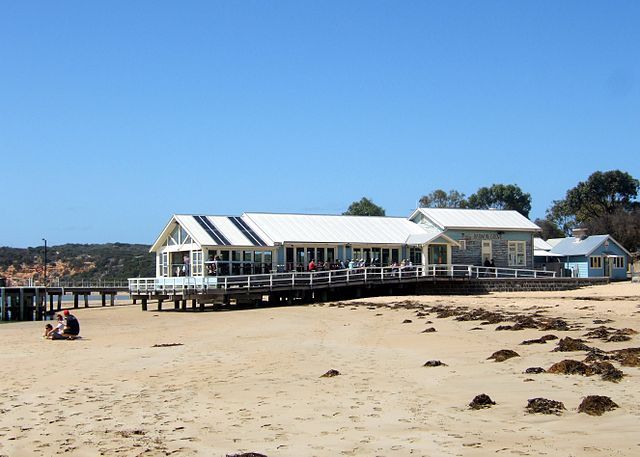New study shows why “school-change” fits nicely with your sea-change
Australian families are on the move. No longer forced to live near work, home buyers and renters are packing up and going bush or coastal. But what about schools and education?
Residz Team 2 min read

Australian parents and kids are on the move. No longer forced to live near work, home buyers and renters are packing up and going bush or coastal. Sure they’re cheaper and closer to nature, but these regional areas are not known for elite private schools. That’s why a study showing private schools don’t alter a child’s “academic trajectory” is getting so much attention.
New report
It’s long been thought that good private schools can “lift” a child’s results more than a public school. But the 2021 study The Public-Private Debate: School Sector Differences in Academic Achievement from Grade 3 through Grade 9? shows public schools may do as well as private schools after differences in socio-economic factors are considered. In other words, the A, B,C or D results stem largely from the kid’s background. If true, parents can be comforted that their move from a capital city to a surf beach may not make a jot of difference.
Traditionally
Australia has for more than a century sent its wealthiest male students to what are often confusingly called Great Public Schools. From the late 1800s these expensive private schools have competed against each other for students as well as sports trophies. In time, some girls and girls’ schools were included, and suburbs surrounding these top schools are some of the most expensive in our capital cities. High fees mean these schools self-select students from mostly educated, high income families.
Study results
But, researchers looking at NAPLAN results between 2008 and 2018 discovered recently that private schools only marginally outperformed the public government ones in Years 7 and 9 and not at all in Years 3 and 5. The better results in the later years disappeared when adjusted for background factors. The study questioned whether all-in-all private schools “value added” much. If this is the case, a lot of remote working parents with big mortgages will be re-evaluating their lifestyles.
Move to regional and coast
There’s a lot to be said for a kid whose parents opt for a sea change or a tree change. Students schooled locally may save an hour or two a day in travel time. More affordable homes mean parents work fewer hours, so have more leisure time to read to their children or help with homework. Students probably won’t have to travel for compulsory weekend sport (the hallmark of many elite schools) giving them more time to read or study. Plus, universities have assistance schemes for regional and remote students.
Residz information
Where does all this leave parents considering a lifestyle change? Well, as ever, each family needs to make the decision that best suits their needs. Research is always important when making life-changing decisions. Residz.com is a good help. The real estate research website has information on schools and lifestyle amenities for every address in Australia. Typing the address into the free search engine is free and gives you the nearest schools and their results, as well as the distance from the coast and the nearest cafes!
Another change for the future
Hybrid and remote work, moves away from capital city offices, reduced use of the car and public transport, reduced overseas travel, and increased online shopping are changing the way we choose to live. Armed with this new study, more Australian parents may look very favourably towards government schools. This will bring its own cascading effects, the biggest being a final push for many to move out of big cities to regional and coastal areas.
Image: The iconic "Diver Dan" boatshed in Barwon Heads, Victoria. https://commons.wikimedia.org/wiki/File:Barwon_Heads_boatshed_Stevage.jpg